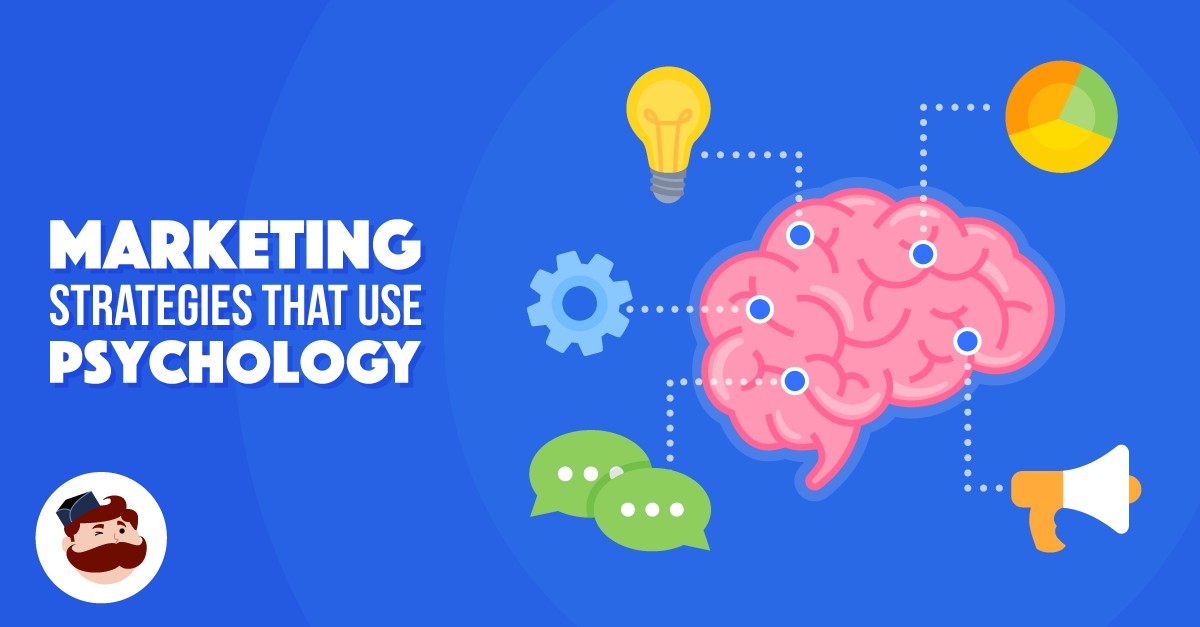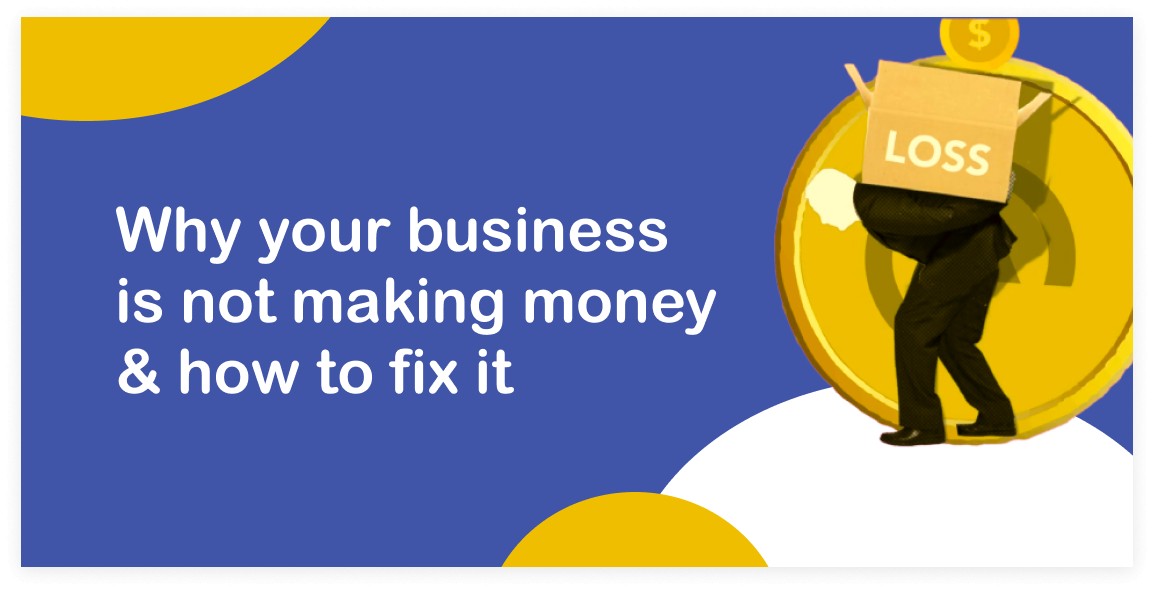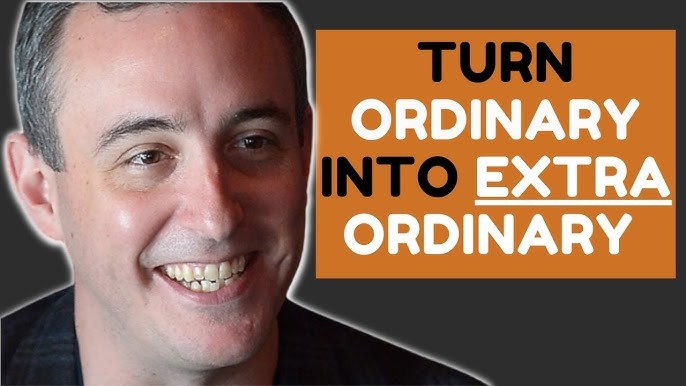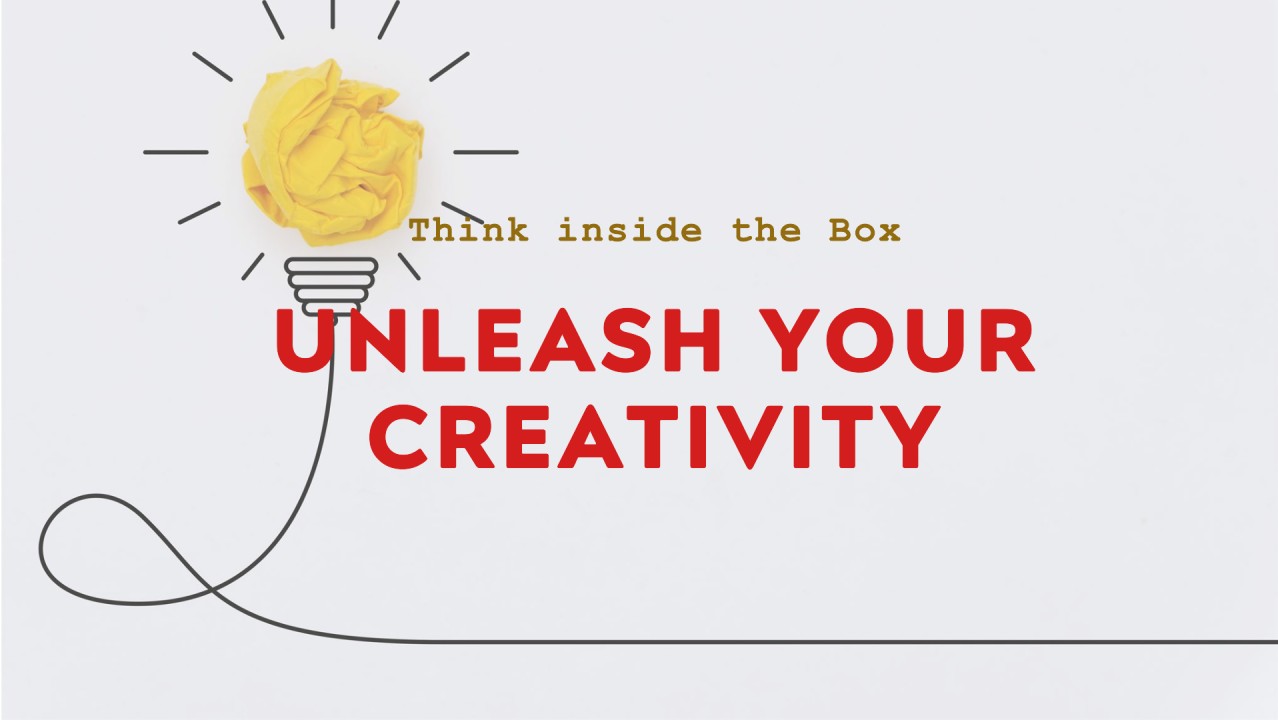In the sophisticated landscape of modern marketing, merely presenting a product or service is no longer sufficient to capture the discerning eye of the consumer. Today, the most effective campaigns delve far deeper, tapping into the intricate workings of the human mind. The strategic application of psychology in marketing isn’t about manipulation; rather, it’s about understanding fundamental human drives, biases, and decision-making processes to create messages and experiences that resonate authentically and compel action. By recognizing why people think, feel, and behave in certain ways, businesses can craft marketing strategies that are not just seen, but truly felt and acted upon.
One of the most potent psychological principles in marketing is the concept of **social proof**. Humans are inherently social creatures, and we often look to the actions and opinions of others to guide our own decisions, especially in situations of uncertainty. This manifests in various ways, from online reviews and testimonials to celebrity endorsements and user-generated content. When a potential customer sees that numerous others have purchased and positively reviewed a product, it instantly builds trust and reduces perceived risk. For example, an e-commerce website prominently displaying “Our customers love this product!” alongside a high star rating and numerous glowing comments leverages this principle effectively. Similarly, a service provider showcasing logos of well-known clients or detailing success stories of businesses they’ve helped provides tangible evidence of their credibility and effectiveness, making it easier for new prospects to envision similar positive outcomes for themselves.
Another powerful psychological driver is the principle of **scarcity**. The perception that something is limited in availability—whether in quantity, time, or access—often increases its desirability. This isn’t about deception; it’s about communicating genuine limitations that can spur immediate action. Think of the classic “limited-time offer” or “only X items left in stock” notifications common in retail. These messages tap into the fear of missing out (FOMO), a pervasive human tendency. Airlines frequently use this by displaying “only 3 seats left at this price!” to encourage swift bookings. While effective, the ethical application of scarcity is crucial; misrepresenting availability can damage trust and brand reputation in the long run. The goal is to motivate, not to mislead.
The concept of **reciprocity** also plays a significant role in fostering customer loyalty and engagement. This principle suggests that when someone gives us something, we feel an innate obligation to return the favor. In marketing, this often translates to offering value upfront without immediate expectation of a sale. Providing free, valuable content such as e-books, webinars, or insightful blog posts demonstrates expertise and generosity. A software company offering a free trial of their premium service, or a consultant providing a complimentary initial assessment, are both leveraging reciprocity. By giving value first, they build goodwill and establish a sense of indebtedness, making potential customers more receptive to their eventual offers and more likely to convert.
Furthermore, understanding **cognitive biases** can significantly enhance marketing effectiveness. One prevalent bias is the **anchoring effect**, where people tend to rely too heavily on the first piece of information offered (the “anchor”) when making decisions. In pricing strategies, this means presenting a higher-priced premium option first, which then makes a slightly lower-priced option seem more reasonable or a better deal by comparison. A car dealership might introduce a fully-loaded, expensive model before showcasing a mid-range option that, while still significant, appears more attainable against the initial anchor. This doesn’t manipulate the actual value, but rather influences the perceived value in the consumer’s mind.
The power of **emotional appeal** cannot be overstated. While consumers often believe they make rational decisions, emotions frequently drive purchase behavior. Effective marketing campaigns tap into core human emotions like joy, security, belonging, fear, or aspiration. Advertisements for luxury cars often evoke feelings of status and freedom, while insurance companies frequently appeal to the desire for security and protection for loved ones. A non-profit organization’s campaign might highlight the emotional impact of their work through compelling stories and imagery, inspiring empathy and a desire to contribute. Crafting narratives that resonate on an emotional level creates a deeper connection with the audience, moving them beyond mere product features to a sense of shared values or aspirations.
Finally, the principle of **consistency and commitment** can be subtly leveraged. Once people make a small commitment, they are more likely to follow through with larger, consistent actions to align with their initial behavior. This is why gaining a small “yes” from a customer is so valuable. This could be as simple as getting them to sign up for a newsletter, like a social media post, or download a free guide. Each small commitment builds a psychological pathway that makes subsequent, larger commitments (like making a purchase) feel more natural and consistent with their prior actions. Progressive forms, where customers fill out a small amount of information at a time, rather than a lengthy single form, also utilize this, making the entire process feel less daunting and increasing completion rates.
In conclusion, marketing is not merely about selling products; it’s about understanding people. By integrating fundamental psychological principles into their strategies, businesses can move beyond superficial messaging to create campaigns that are more persuasive, memorable, and ultimately, more successful. Leveraging social proof builds trust, scarcity encourages action, reciprocity fosters loyalty, cognitive biases influence perception, emotional appeals forge connections, and consistency guides commitment. When applied ethically and thoughtfully, psychology transforms marketing from a simple transaction into a deeper, more meaningful engagement with the human mind, leading to stronger customer relationships and sustained business growth.




